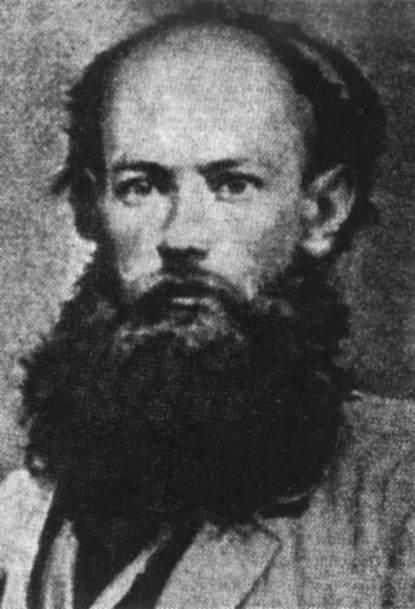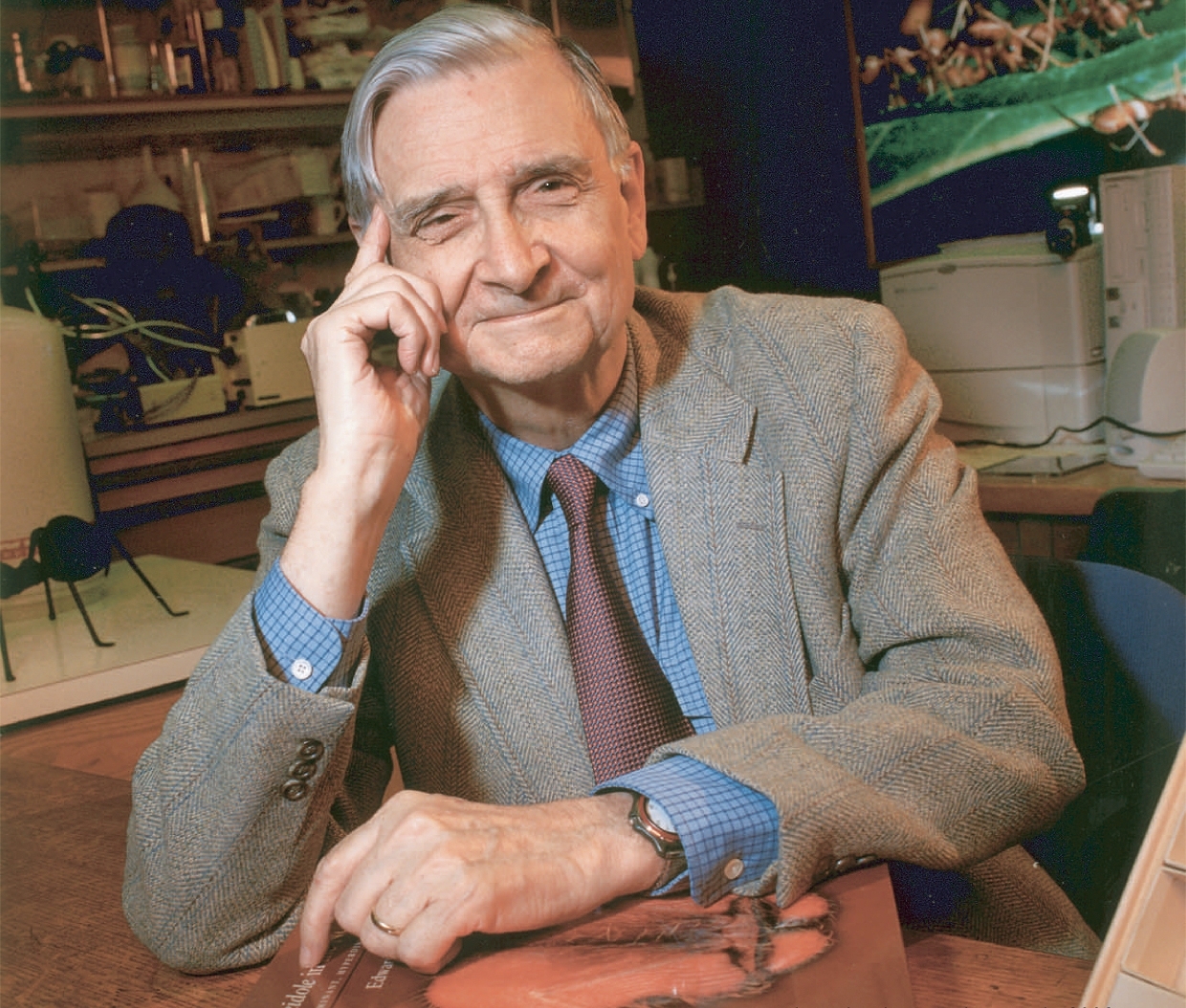By Steve Fake

Edward O. Wilson and Peter Kropotkin are not often discussed in the same breath. Yet Kropotkin, who in his professional life was a geographer, devoted a substantial work (Mutual Aid, 1902) to elaborating his ideas on cooperation as an important factor in species evolution. Although his ideas never achieved dominance, as evolutionary biologist Stephen Jay Gould observed in 1997, “Kropotkin was no crackpot.” His efforts were a reaction to Social Darwinism, the misbegotten, deformed progeny of Darwin’s biological theories of evolution, which, contra Kropotkin, tended to emphasize competition. Some 70 years later, E.O. Wilson rose to fame as an advocate of kin selection theory to explain the phenomenon of cooperation among individuals, what a recent profile of him in the Boston Globe calls “the puzzle of altruism.” The basic idea: that cooperation is a result of the benefit conferred to an individual through helping relatives (because they share some of the same genes). In this view, helping unrelated individuals is, from an evolutionary standpoint, a purely accidental side-effect of our nature.
However, in recent years, Wilson has reversed his position on the importance of the paradigm he championed. Kin selection theory, now the dominant model, is, Wilson believes, inadequate to explain the observed cooperative behavior that species, from humans to ants, exhibit. His alternative theory: that groups of perhaps quite unrelated individuals who cooperative amongst themselves achieve greater evolutionary success. The idea is certainly intuitive. In a social species like humans, it is evident that cooperation is a fundamental component of our natures.

Evolutionary biology is scarcely advanced enough as a science to inform, in any straightforward way, our understanding of political ideologies. Any attempts to link the two can be only speculative and tentative. Our greatest resources for understanding political ideology remain in the realm of the humanities.
Yet this does not mean that the two never intersect. Reigning political orthodoxies can occasionally influence in subtle ways the paradigms of natural sciences, and may for instance favor emphasis upon competition rather than cooperation (even as we acknowledge that modern capitalism is in no way a compelling way to foster honest competition, the mythology remains). Certainly, the Social Darwinists Kropotkin opposed attempted a linkage. Perhaps, Wilson’s current views may be taken as a correction of existing biases in the field. Kropotkin would no doubt be very pleased.

Chomsky on the topic (only a 2 min video):
http://www.thenewsignificance.com/2011/07/20/noam-chomsky-on-darwinism/
An excerpt on the intersection of Kropotkin’s science and politics at Scientific American from a new book, The Prince of Evolution: Peter Kropotkin’s Adventures in Science and Politics, by Lee Alan Dugatkin.
http://www.scientificamerican.com/article.cfm?id=the-prince-of-evolution-peter-kropotkin